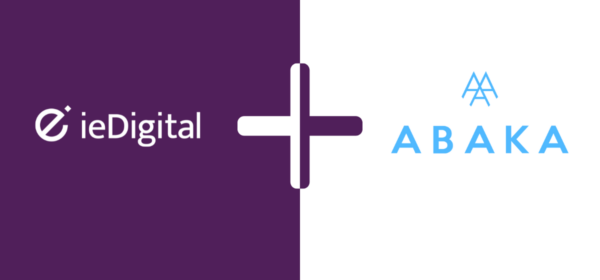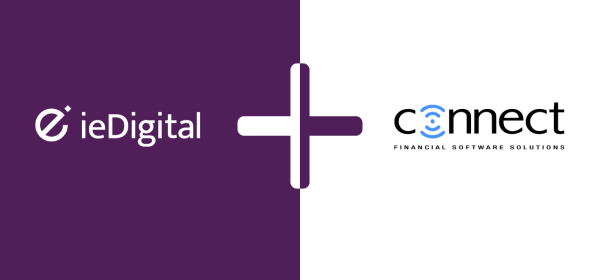Imagine a world where your own virtual Jeeves looks after your everyday tasks: planning your journeys and taking care of your schedule. What would this mobile channels platform mean for users and banks?
Apple’s Siri and Microsoft’s Cortana are probably the best known examples of ‘intelligent personal assistants’. But nearly all of today’s personal digital devices have some sort of interface that can answer questions posed in natural language: Google Now, Amazon Echo, Samsung’s S Voice, LG’s Voice Mate, BlackBerry’s Assistant and HTC’s Hidi, to name a few.
So, what is an ‘intelligent personal assistant’?
If you’re not familiar with intelligent personal assistants (or IPAs), they’re simply software agents that reside in your device and perform specific actions on your behalf. You can ask them for information – about traffic on your way to work or details of your next meeting, for example – or to complete simple tasks such as reminding you about an event, searching for the meaning of a specific word or looking up the best way to get to your next appointment.
Each of these actions may require more than just your input. To serve you, IPAs may also need access to external computing resources (for extra processing power), online information sources (such as weather, traffic conditions or public transport timetables), access to your personal information (such as your contacts and diary) and knowledge of your context, your location or whether you’re walking or in a car, for example.
A future reliant on intelligent personal assistants
In the coming years we’re likely to become increasingly dependent on our IPAs. As more and more sensors gather and share information about us and our environment, IPAs will play a vital role in helping us sift through what information – or requests based on that information – is important and needs our attention, and what can be ignored. They may, for example, keep an eye on the data our wearables are gathering about our health and only alert us when we need to take some medication, see a doctor or simply chill out for a bit.
Our IPAs may evolve to become specialists. We may have one that monitors our health, one that manages our schedule, another for journey planning … and one for looking after our finances. Our current Siri or Cortana would then take on the role of gateway to our numerous specialist IPAs.
As specialists IPAs evolve, they might become our primary interface for managing our journeys, diaries, finances and more – making individual mobile apps redundant.
A new channel for banking
A specialist ‘Banking IPA’ might supersede the apps launched by individual banks. Equally interesting, it may either replace or engage with the banking software currently emerging from new financial services aggregators.
All in all, Banking IPAs provide a great opportunity for banks to not only create a genuinely useful personal tool for their customers, but also to maintain the close relationship they need to better understand their customers’ ever-changing needs and desires.
Your customers would turn to their specialist ‘Banking IPA’ to manage their day-to-day finances. They would tell it how they want their money to be managed. They might use your IPA for sweeping any excess current account balance across into their savings account. Once trust in the IPA was established, customers may choose to give it authority to manage simple debt collection, give it permission to transfer funds from their savings account to their current account to ensure their main account remains in the black at all times, for example.
And, equally, banks might develop assistants to help their own employees with day-to-day tasks. These ‘Bank IPAs’ may then engage directly with customers’ ‘Banking IPAs’ from time-to-time.
A true Jeeves?
Emerging technologies, such as machine learning, will allow each individual Banking IPA (or any other IPA for that matter) to learn more about the customer it serves. Over time it will gain a better understanding of their needs, preferences and behaviours. The more it learns, the better it will be able to serve its customer.
As they become more advanced, Banking IPAs might even be capable of predicting their individual customer’s needs. Imagine an intelligent financial assistant able to alert you of any new tax rules relevant to you or suggest that you should explore where you stand with your pension as you’re now only 10 years away from retirement.
So having an app strategy may not be enough. Have you thought about the new channels that might emerge over the coming years? Are you preparing for a world served by intelligent personal assistants?
Now read: How financial institutions can increase their profitability by targeting more digital engaged customers [PDF]














